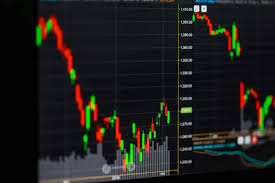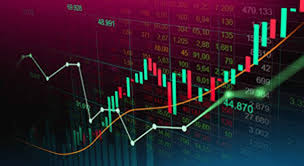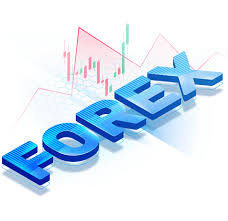The Future of Investment Automated Forex Trading Software

In the fast-paced world of finance, automated forex trading software Trader Marocco has recognized the significant role that technology plays in trading. One of the key innovations in this arena is automated forex trading software, which has transformed the foreign exchange market by enabling traders to optimize their strategies and manage their investments more effectively.
The Future of Investment: Automated Forex Trading Software
What is Automated Forex Trading Software?
Automated forex trading software, often referred to as algorithmic trading or robo-trading, involves the use of programmed strategies to execute trades on behalf of the trader. These platforms analyze market data and make trading decisions based on predetermined criteria, eliminating emotional decision-making and human error. Traders can utilize these systems to operate efficiently at any time, profiting from trading opportunities around the clock.
The Benefits of Automated Forex Trading
There are several advantages to using automated forex trading software:
- Speed and Efficiency: Automated trading systems can process vast amounts of data and execute orders in milliseconds, providing a competitive edge over manual trading.
- Elimination of Emotions: Humans often struggle with emotions like fear and greed, which can lead to poor decision-making. Automated systems operate solely on data, reducing the likelihood of emotional trading errors.
- Backtesting Capabilities: Traders can design their strategies and test them against historical data to evaluate their effectiveness before deploying them in real-time trading.
- Diversification: Automated trading allows traders to manage multiple accounts or strategies simultaneously, increasing diversification and risk management.
Types of Automated Forex Trading Software
There are different types of automated forex trading software, each with distinct functionalities and use cases:
- Expert Advisors (EAs): These are scripts that are designed for the MetaTrader platform, allowing traders to automate their strategies. They can be programmed to execute trades based on various indicators and conditions.
- Trading Bots: These are standalone applications that connect to trading platforms through application programming interfaces (APIs) and trade on behalf of the user based on predefined algorithms.
- Signal Services: Some services provide trading signals based on algorithmic analysis. Traders can choose to manually execute trades based on these signals or use automated tools to do so.

The Challenges of Automated Forex Trading
While automated trading offers many benefits, it is not without its challenges:
- Technical Failures: Automated systems rely heavily on technology. Any failure in the software, connectivity issues, or power outages can lead to significant losses.
- Dependency on the System: Traders may become overly reliant on automated tools, neglecting to learn and develop their trading skills and market understanding.
- Market Conditions: The effectiveness of automated trading systems can vary based on market conditions. Strategies that work well in a trending market may not perform optimally in a range-bound market.
How to Choose the Right Automated Forex Trading Software
Choosing the right software is crucial for success in automated trading. Here are some key factors to consider:
- Reputation: Look for software that has a good track record and positive reviews from traders.
- Ease of Use: The software should be user-friendly, with a simple interface that allows for easy navigation and setup.
- Customization: The ability to customize trading strategies is vital. Ensure the platform allows you to fine-tune parameters to suit your trading style.
- Customer Support: A responsive support team can help resolve any issues that may arise during the use of the software.
The Future of Automated Forex Trading
As technology continues to evolve, the future of automated forex trading looks promising. With advancements in artificial intelligence and machine learning, trading systems will likely become even more sophisticated. These systems will be capable of analyzing vast amounts of data in real-time, leading to more informed and accurate trading decisions.
Moreover, as more retail investors enter the forex market, the development of user-friendly automated trading software will likely democratize trading strategies that were previously accessible only to institutional investors. This broadened access creates an exciting landscape where individual traders can harness the power of automation to improve their trading success.
Conclusion
Automated forex trading software presents an excellent opportunity for traders of all levels to enhance their trading experience. While it comes with its own set of challenges, the advantages of speed, efficiency, and emotional control make it a compelling choice for many. As traders continue to adapt and evolve alongside technology, the future of trading promises to be more efficient and potentially more profitable than ever before. Whether you are a novice or an experienced trader, exploring the world of automated forex trading could lead to new avenues of success in your investment journey.



